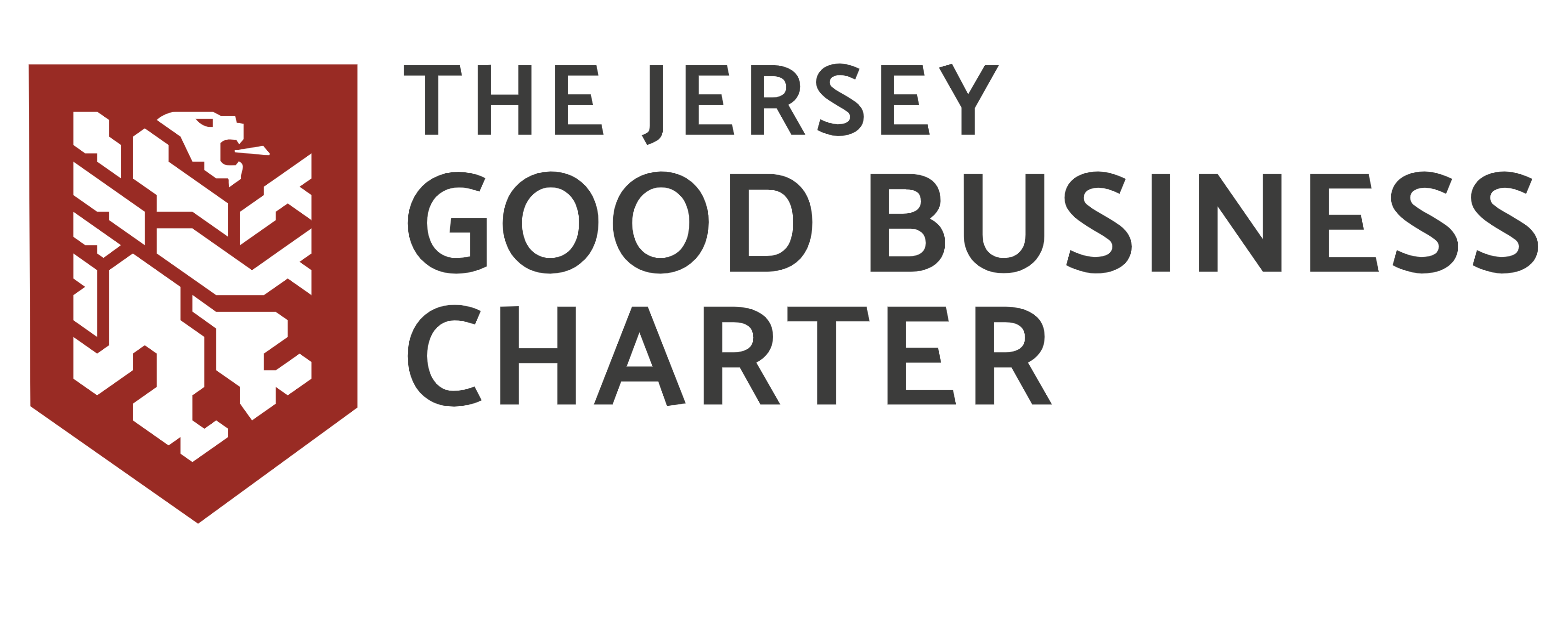In the intricate tapestry of business operations, the treatment of suppliers serves as a barometer of an organization’s ethical compass. Fair treatment isn’t just a nicety; it’s a fundamental principle that underpins sustainable business practices and nurtures mutually beneficial relationships. As managers and leaders, it’s incumbent upon us to champion fairness in dealings with suppliers, recognizing its profound impact on business success and societal well-being.
Why Fair Treatment of Suppliers Matters:
- Ethical Responsibility: At its core, fair treatment of suppliers reflects a commitment to ethical conduct. It embodies principles of integrity, respect, and equity, reinforcing trust and fostering a culture of transparency and accountability.
- Sustainable Partnerships: Fair treatment cultivates enduring supplier relationships built on trust and mutual respect. By prioritizing fairness in dealings, businesses lay the groundwork for collaborative partnerships that drive innovation, resilience, and long-term success.
- Operational Resilience: A fair treatment ethos reduces the risk of supply chain disruptions and conflicts, enhancing operational efficiency and mitigating reputational risks. It promotes stability and reliability in business operations, safeguarding against potential disruptions.
- Social Impact: Fair treatment extends beyond business transactions; it has ripple effects on broader societal dynamics. Supporting fair wages, labor practices, and ethical sourcing contributes to social progress, fostering inclusive economic growth and community well-being.
Exploring the Criteria for Fair Treatment:
- Quality Products and Services: Delivering high-quality products and services while prioritizing consumer satisfaction is paramount. Businesses should focus on product durability, service excellence, transparent sales practices, and effective dispute resolution mechanisms.
- Product Quality: Design products that meet human needs, manufactured well with quality materials, and built to last with end-cycle considerations.
- Service Excellence: Ensure services are delivered by well-trained and content providers, designed to foster interdependence rather than dependency.
- Transparent Sales Practices: Employ ethical and honest sales approaches, with transparent communication and disclosure of sales commissions.
- Efficient Dispute Resolution: Establish robust complaint handling procedures, train personnel in human-centered complaint resolution, and take responsibility for resolved complaints and errors transparently.
Taking Action: What Businesses Can and Should Do:
- Conduct a Fairness Audit: Evaluate current supplier relationships and practices against the indicative criteria for fair treatment. Identify areas for improvement and commit to corrective actions.
- Promote Transparency: Foster open communication channels with suppliers, providing clarity on expectations, terms, and processes. Transparency builds trust and enhances collaboration.
- Implement Fair Policies: Establish clear policies and procedures that prioritize fairness in supplier dealings, from procurement processes to payment terms and dispute resolution mechanisms.
- Lead by Example: Demonstrate ethical leadership by upholding fair treatment principles in all supplier interactions. Lead by example, inspiring teams to embrace fairness as a core value.
- Continuous Improvement: Regularly review and refine supplier management practices, seeking feedback from both internal stakeholders and suppliers themselves. Continuously strive for excellence in fair treatment.
Conclusion:
Fair treatment of suppliers isn’t just a business imperative; it’s a moral imperative. By embracing fairness in dealings with suppliers and adhering to the principles outlined above, managers and leaders can pave the way for ethical business practices, sustainable partnerships, and positive societal impact. Let fairness be the guiding principle in your supplier relationships, shaping a future founded on integrity, collaboration, and shared prosperity.
